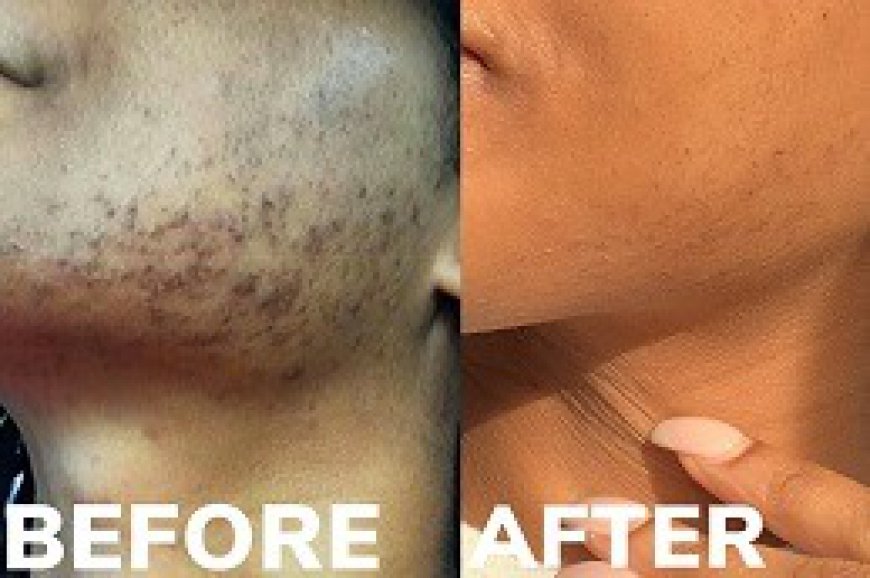Shariah Ruling on Laser Hair Removal
Are you thinking about permanent hair removal? Laser hair removal is the best solution for this problem but Is It Haram to Do Laser Hair Removal? Find out more!
Laser hair removal has gained popularity as a long-term solution for unwanted hair. Its convenience and effectiveness make it an attractive option for many. However, for Muslims, it is essential to consider whether this treatment aligns with Shariah principles. This article explores the Shariah ruling on Is It Haram to Do Laser Hair Removal?examining Islamic jurisprudence and relevant concerns.
Understanding Laser Hair Removal
Laser hair removal is a cosmetic procedure that uses concentrated light beams to destroy hair follicles, resulting in reduced hair growth. It is typically performed in a clinical setting by trained professionals. The procedure targets the pigment in hair follicles, causing them to become inactive and, over time, reduce or eliminate hair growth in the treated area.

Islamic Jurisprudence on Body Hair Removal
In Islam, there are specific guidelines concerning body hair removal. According to various Hadiths (sayings of the Prophet Muhammad, peace be upon him), certain types of hair removal are encouraged or permitted, while others are not.
-
Permitted Methods: Islam allows the removal of body hair, particularly the pubic and underarm hair, which are considered part of the natural grooming process. Traditional methods include shaving, plucking, and waxing.
-
Prohibited Methods: Some scholars argue that permanent hair removal methods, such as electrolysis, may be considered impermissible due to the potential for causing harm or altering the natural body.
Shariah Perspective on Laser Hair Removal
1. Safety and Harm: Islamic law emphasizes avoiding harm. Laser hair removal is generally considered safe when performed by a qualified practitioner. However, if the procedure causes harm or significant side effects, it could be deemed impermissible.
2. Intent and Purpose: The intention behind undergoing laser hair removal plays a role. If the procedure is done for legitimate reasons, such as improving personal hygiene, it is likely permissible. However, if the intention is purely for cosmetic purposes without a valid reason, some scholars might view it with caution.
3. Natural Alteration: A concern within Shariah is altering the natural body in a way that goes against Islamic principles. Laser hair removal is a method of temporary alteration, and as long as it does not cause permanent damage or significant alteration of the body, it is generally viewed as acceptable.
4. Medical Necessity: If laser hair removal is recommended by a medical professional for health reasons, such as treating certain skin conditions or excessive hair growth, it is generally considered permissible.
Conclusion
Laser hair removal, when done with proper safety measures and for valid reasons, is generally acceptable under Shariah. However, it is essential to consider the principles of safety, intent, and respect for the natural body. Muslims interested in this treatment should consult knowledgeable scholars and medical professionals to ensure their decision aligns with Islamic teachings.

 hudabatool778
hudabatool778